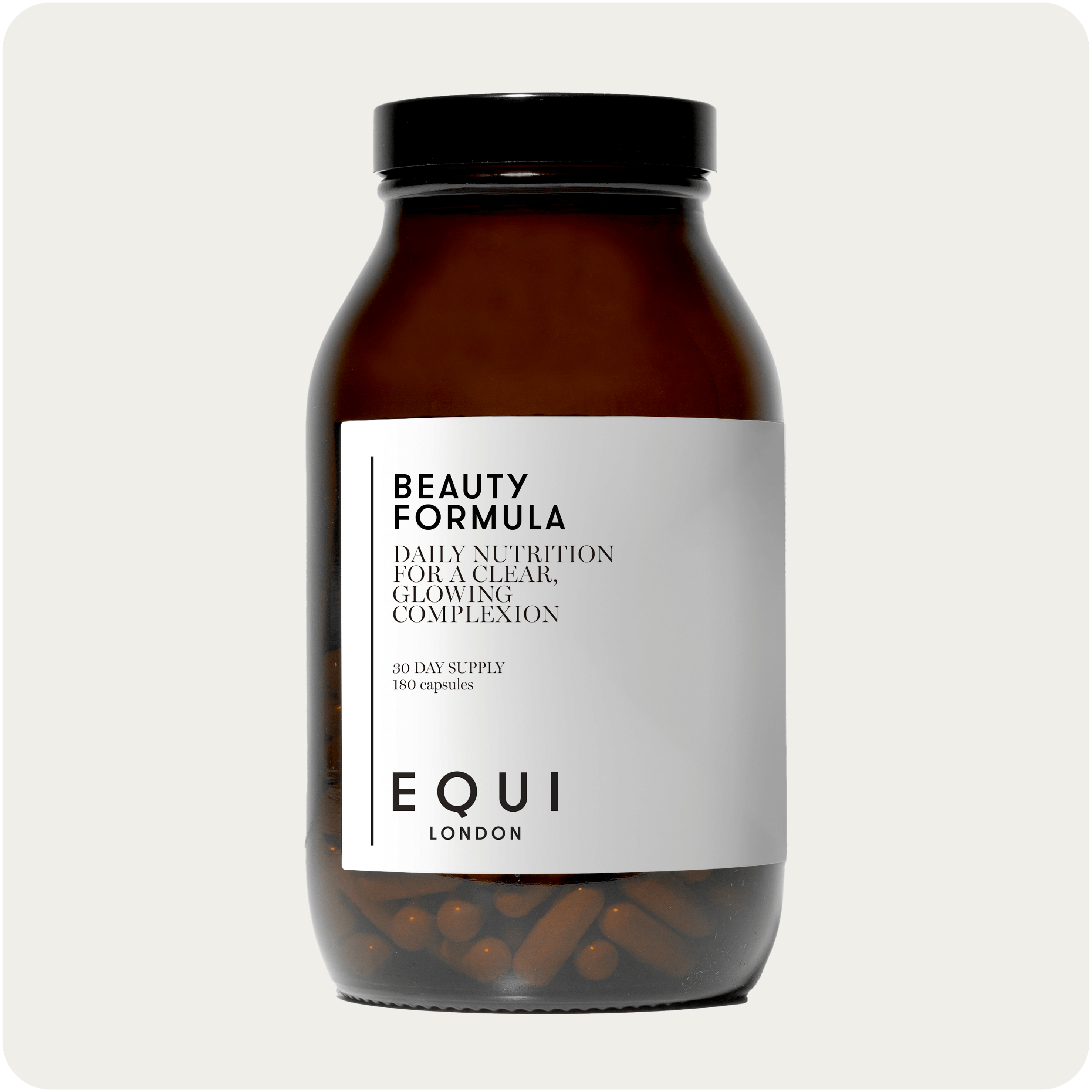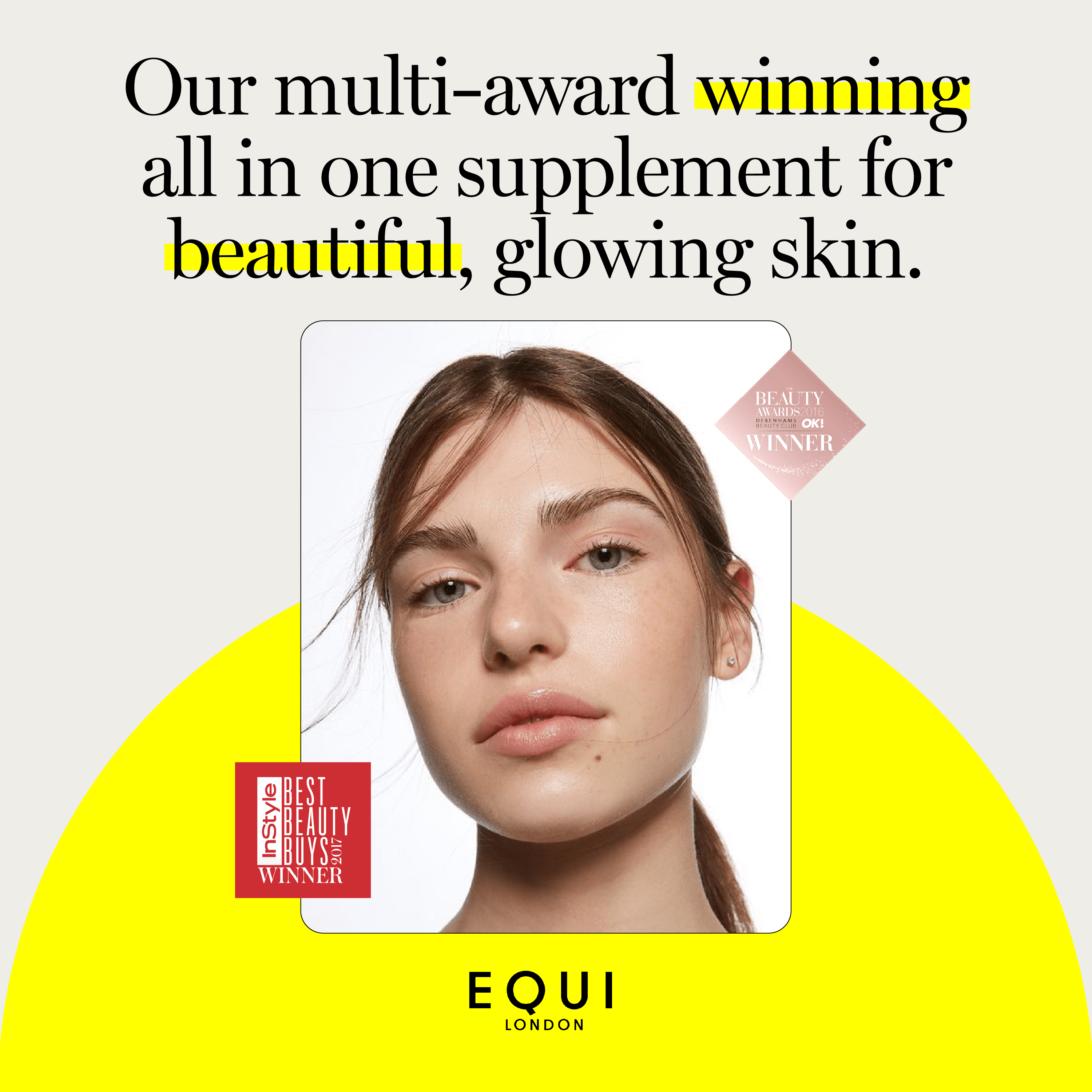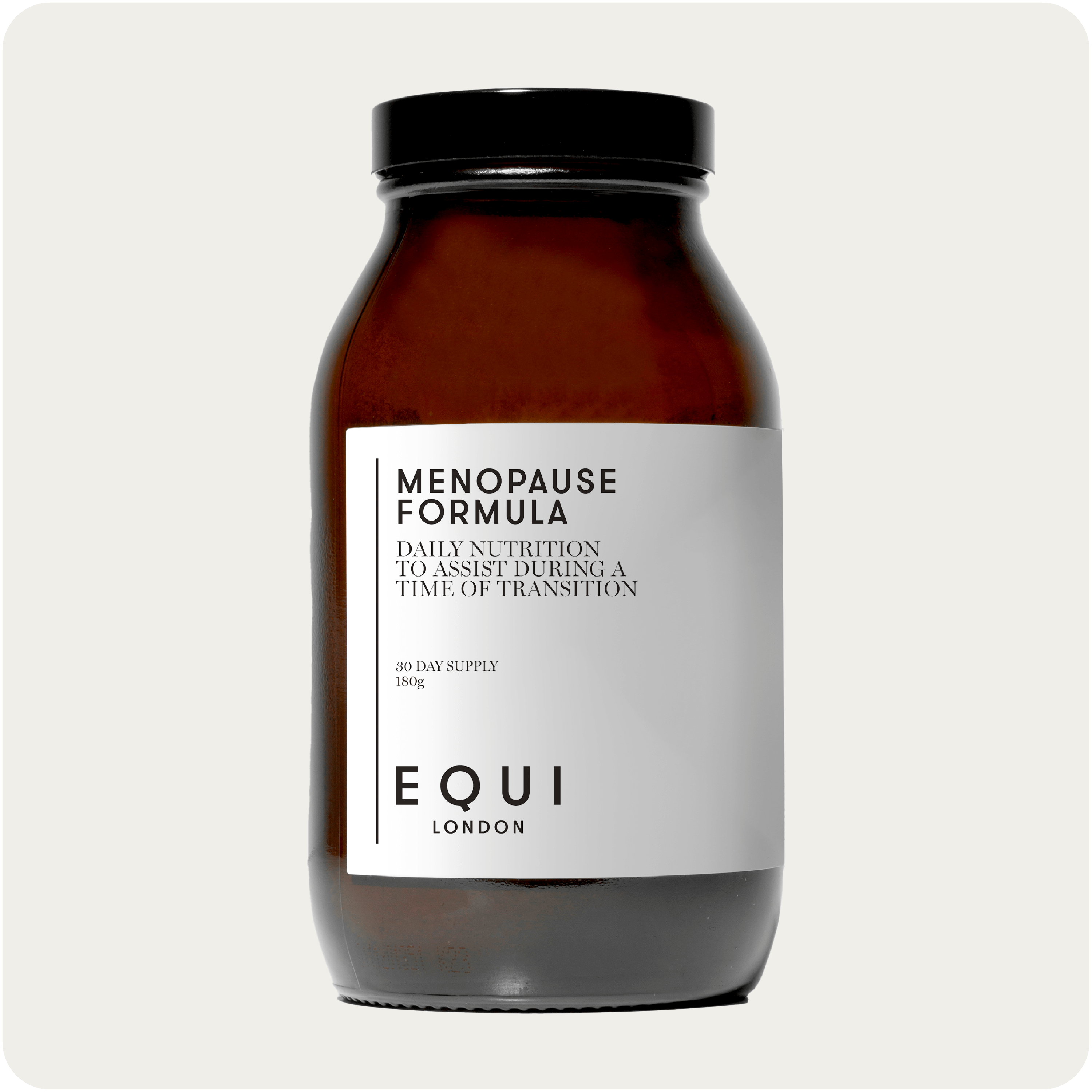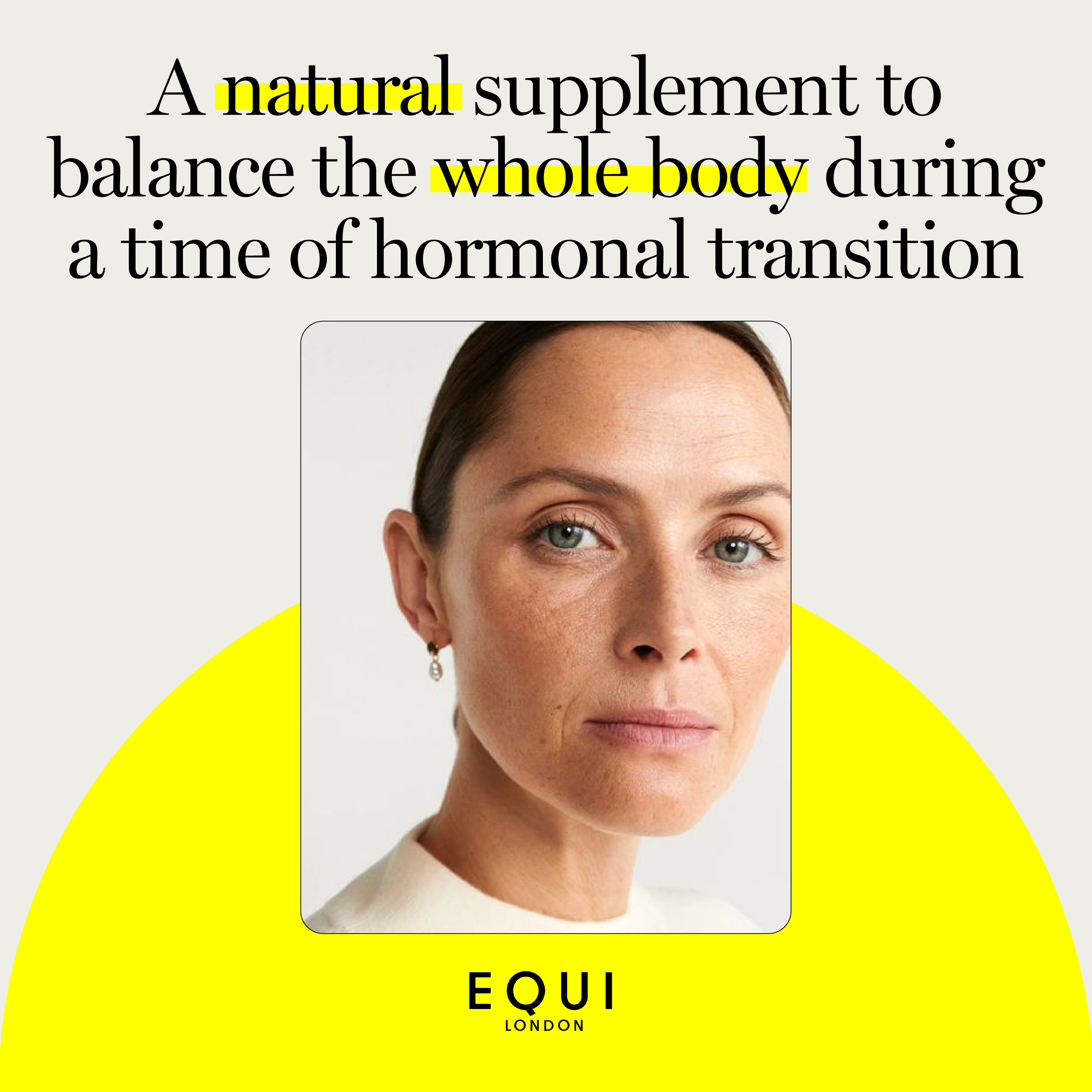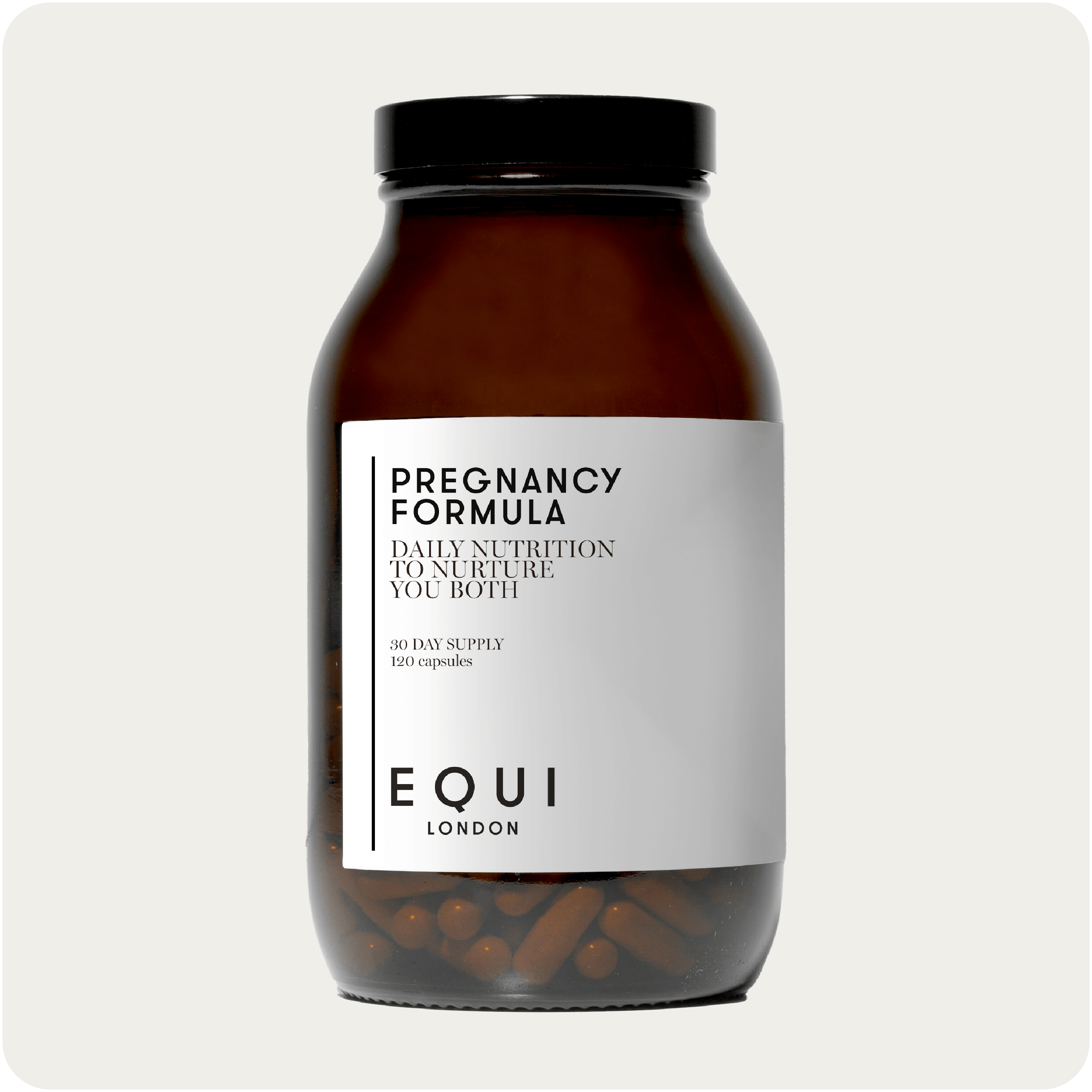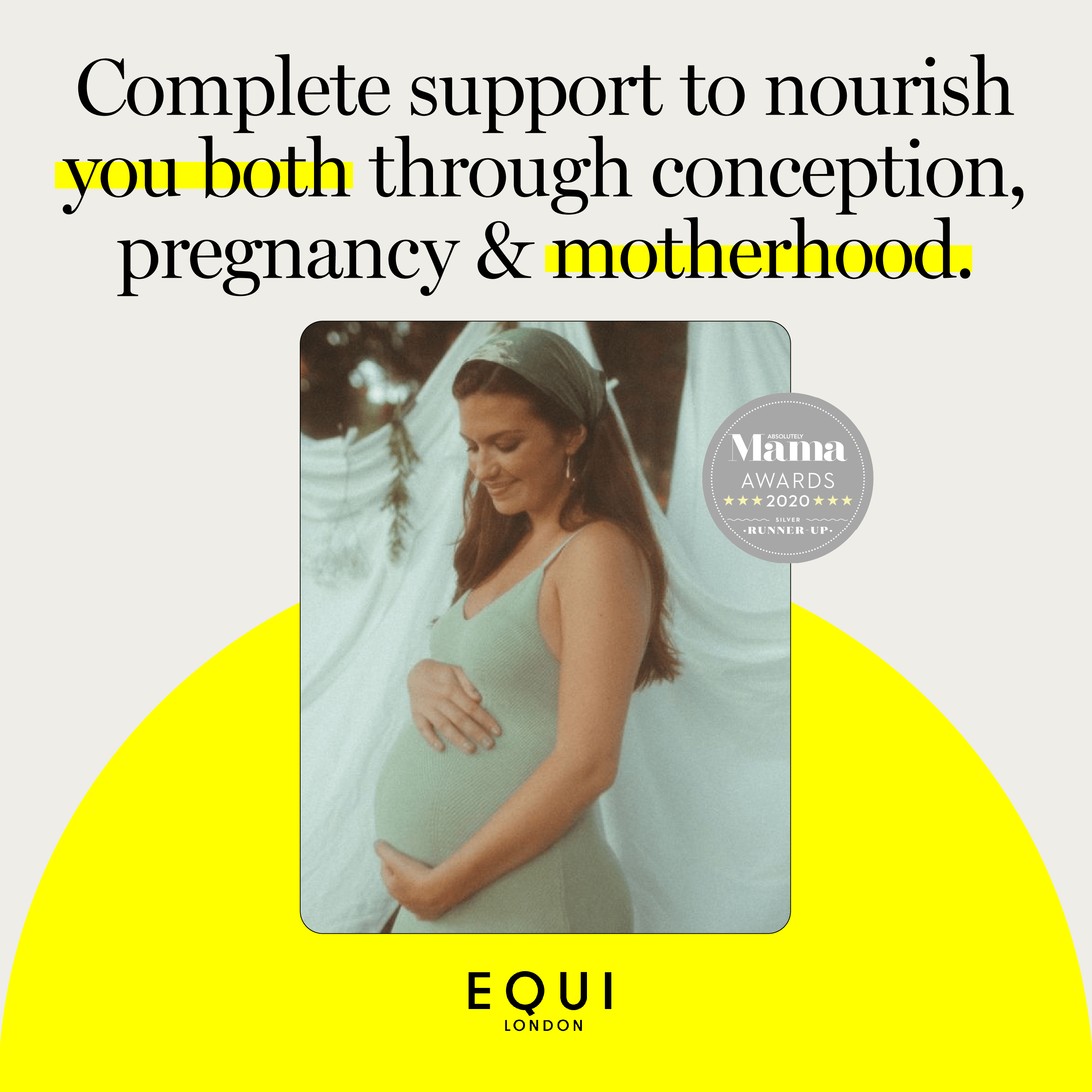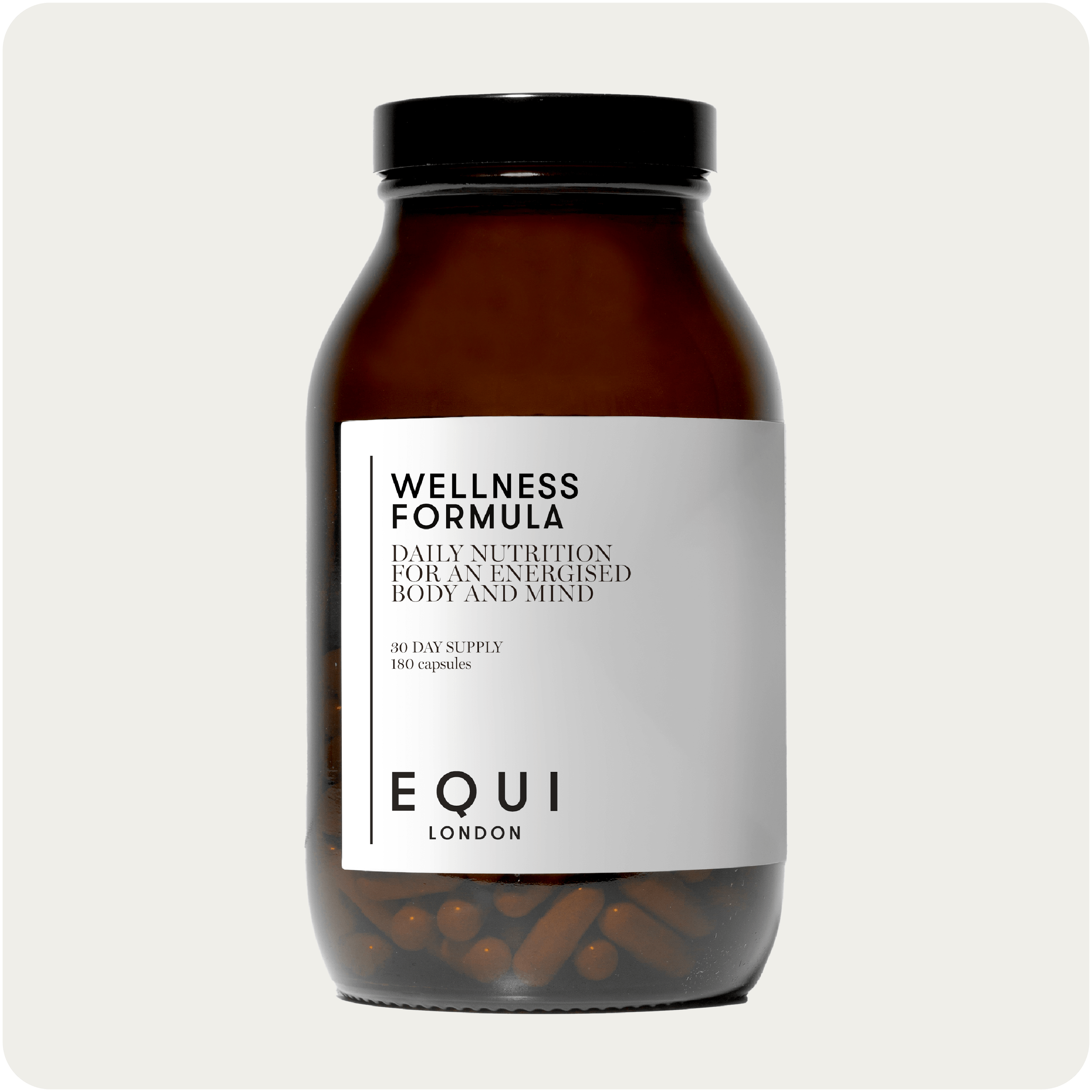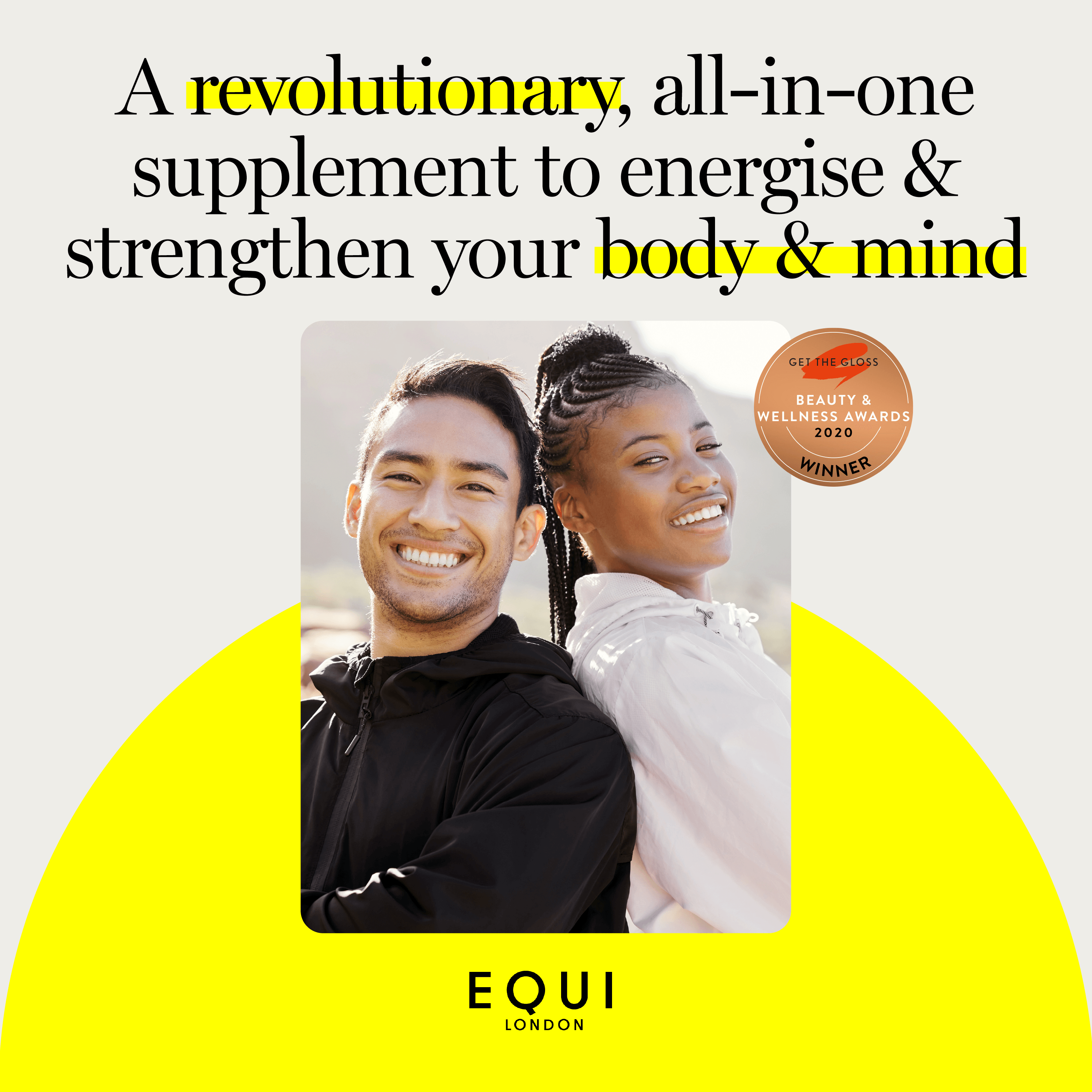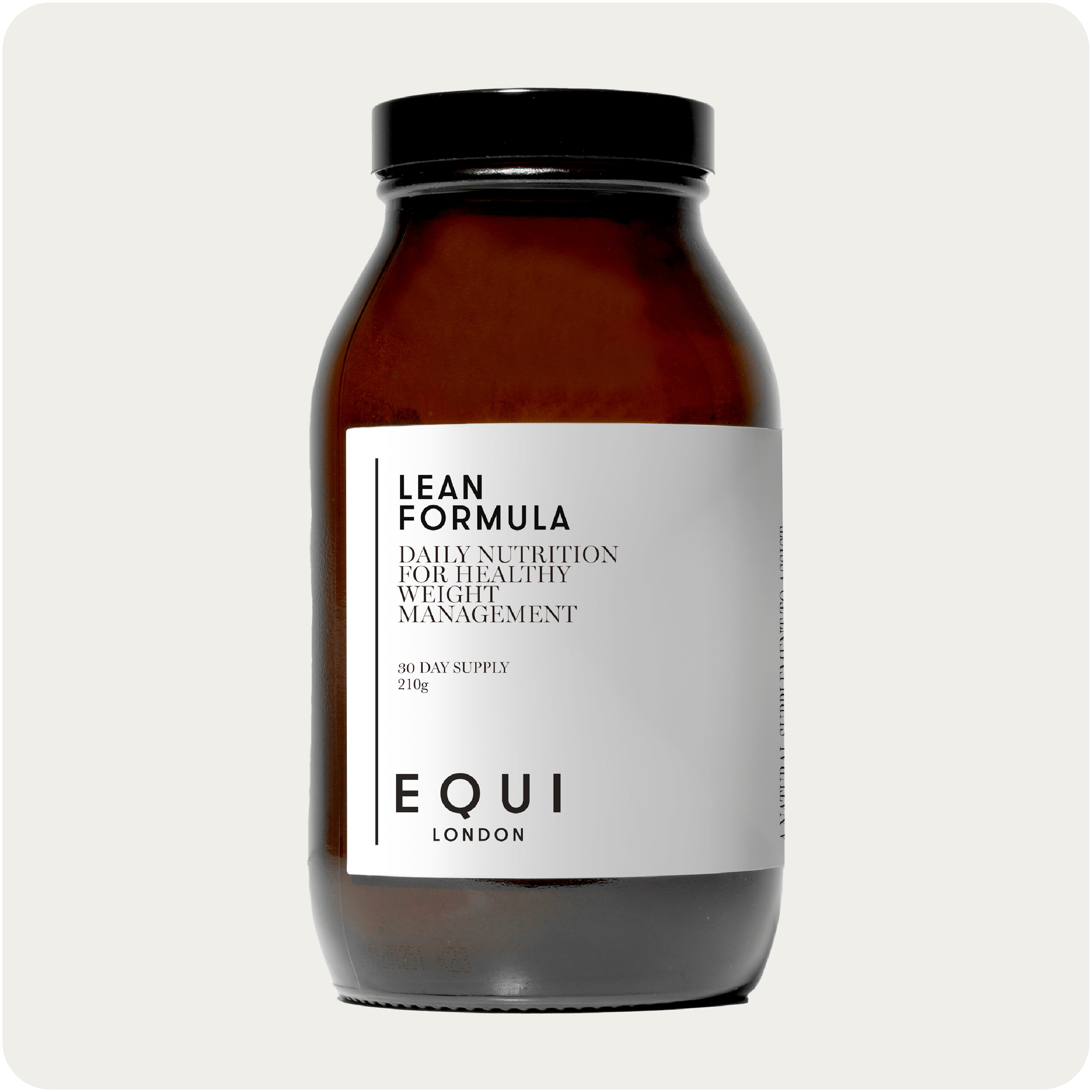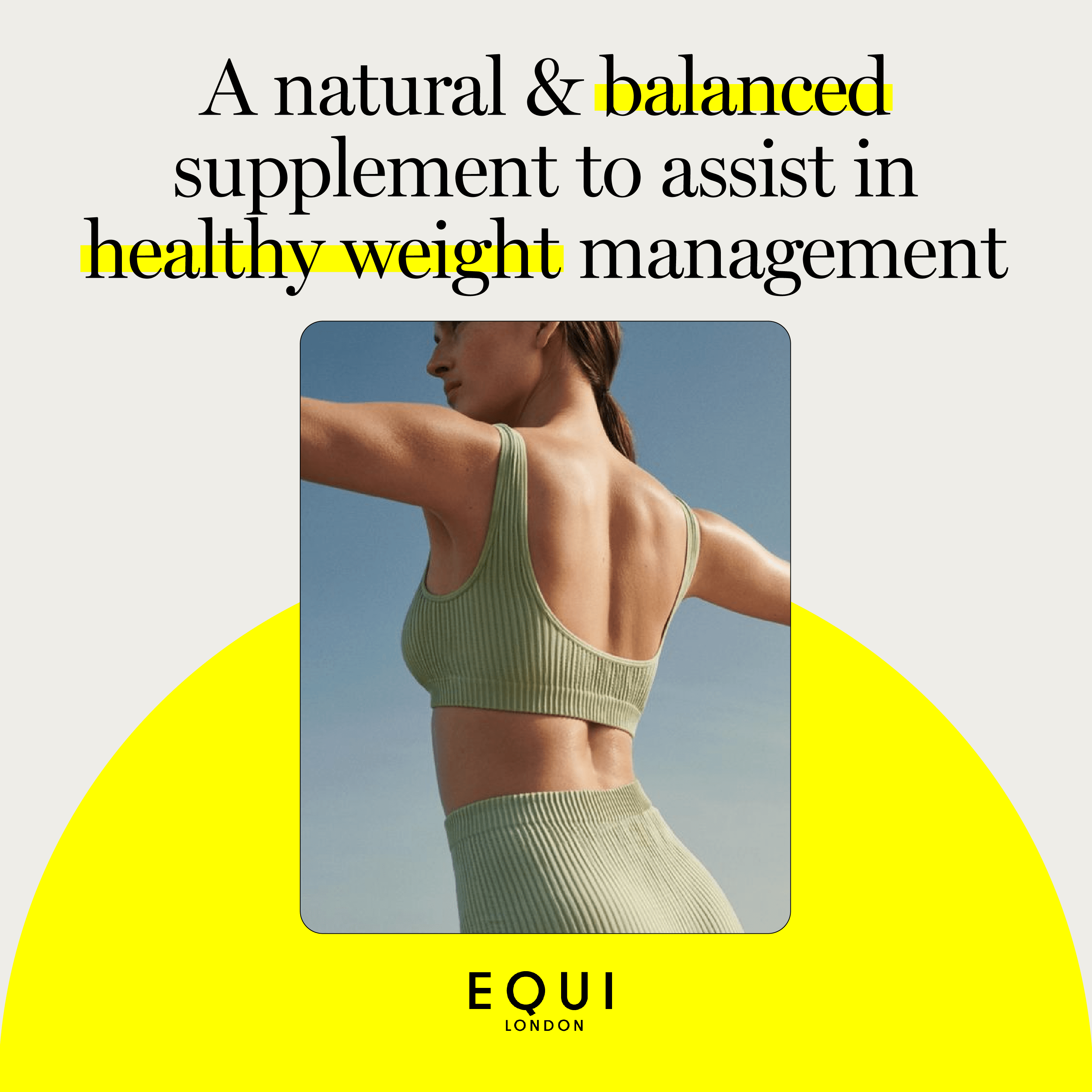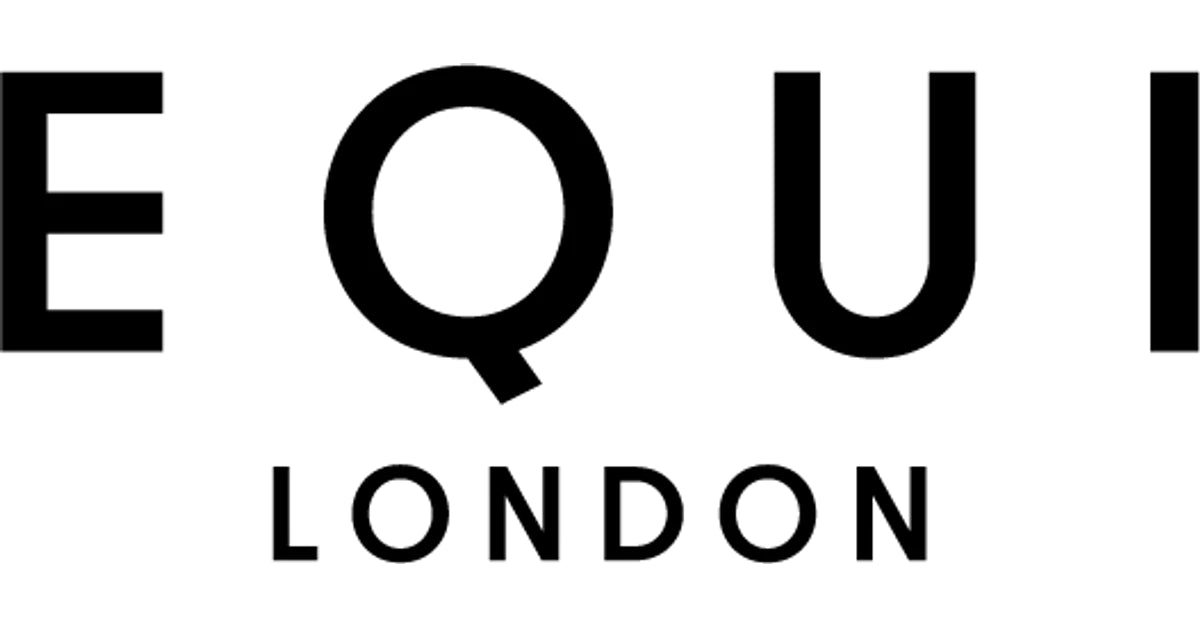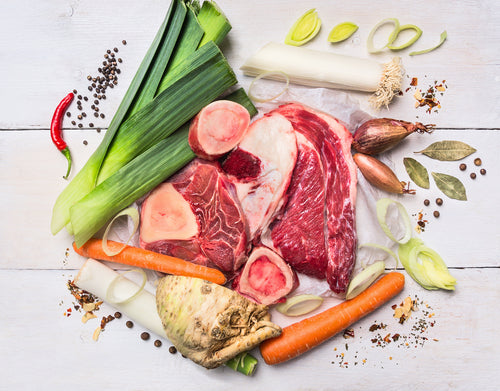
Whilst two years ago eating vegan was still considered to be rather left field, today it is a very different story. Thousands of Instagram accounts document their vegan lives, meat-free cookbooks are number one on Amazon and gourmet vegan restaurants are popping up in trendy neighbourhoods worldwide.
It’s great news that people are open-minded enough about their health to consider going meat free – giving health top priority is a great sign of the times. However, going totally vegan for the long haul is a big deal, and even in the last year some of the most dedicated and well-acclaimed vegans have admitted defeat, having developed health issues associated with their dietary choices.
Lets be clear what a vegan diet actually means: essentially anything that comes from animals is prohibited so all meat, fish, seafood, eggs, dairy, honey and any sort of product that comes from animals (gelatin, collagen etc) are totally out. This leaves you with plant based options – grains, vegetables, fruits, beans, pulses, oils, nuts, seeds form the majority of the diet.
There is no doubt that if you do it right, eating a predominately plant-based diet like this can be extremely beneficial for the body. By default you are cutting out a food group that contains some unhealthy saturated fats (from meat and dairy) fatty/sugary deserts, many overly processed foods, acidic and hard-to-digest red meat; as well as all of the chemicals animals are fed to make them fatter and grow faster (especially a problem in the USA).
Whilst this can only be a good thing, consider that cutting out such an enormous group of foods also puts you at risk of serious deficiencies in nutrients that are totally vital for our health. Common signs of this are low energy, hormonal issues, radical weight changes, low mood and poor immunity. So, if you want to go vegan for good then go ahead but make sure you’re clear on these things first to avoid problems:
- Love Protein
It is vital to get enough protein in the diet as it is truly indispensable to the body. As well as being structurally vital, protein is required for immunity, detoxification, hormone balance, brain function, gut function, sleep and a whole host of other functions. We also need more protein when we work out as muscle fibres are broken down and damaged as we exercise.
 2. The Trouble With SoyThe building blocks of protein are called amino acids – and it is these that are so instrumental in ensuring the body functions optimally. Meat, fish, seafood and eggs deliver all 22 different types of amino acids – making them what is known as a ‘complete’ protein. This is where vegans and vegetarians can run into trouble as very few non-animal sources of protein contain a whole complex of amino acids. If you aren’t careful to eat enough, and combine different sources together (eg. nuts and beans or soy and lentils) then you put yourself at risk of deficiency. Flaking nails, imbalanced hormones, low mood, reduced immunity, low sex drive, bad skin and poor concentration are all signs of protein deficiency. We aren’t saying it’s fine to eat steak, ribs, sausages and pork belly for dinner every night, but there is no doubt that eating lean white meat, fish, seafood and eggs regularly has a great many benefits.
2. The Trouble With SoyThe building blocks of protein are called amino acids – and it is these that are so instrumental in ensuring the body functions optimally. Meat, fish, seafood and eggs deliver all 22 different types of amino acids – making them what is known as a ‘complete’ protein. This is where vegans and vegetarians can run into trouble as very few non-animal sources of protein contain a whole complex of amino acids. If you aren’t careful to eat enough, and combine different sources together (eg. nuts and beans or soy and lentils) then you put yourself at risk of deficiency. Flaking nails, imbalanced hormones, low mood, reduced immunity, low sex drive, bad skin and poor concentration are all signs of protein deficiency. We aren’t saying it’s fine to eat steak, ribs, sausages and pork belly for dinner every night, but there is no doubt that eating lean white meat, fish, seafood and eggs regularly has a great many benefits.
One of the best sources of vegetarian protein comes from soy beans, and because they are a complete source vegans can end up resorting to it quite a lot. Whilst unprocessed soy like edamame, tempeh and miso is fine from time to time and is a great way of getting extra protein, overdoing more processed soy from milks, yoghurt, tofu and protein powder isn’t ideal.
This is largely because of the impacts that too much soy may have on our hormonal health owing to the levels of phyto-oestrogens found in soybeans. Though these are likely to be beneficial for us in small amounts, over consumption of processed soy is not recommended for men or women.
- Don’t be Nutrient Deprived
Though a plant based diet will naturally be rich in many essential beneficial nutrients and antioxidants, there are certain things it’s much harder to get from plants alone and these include zinc, iron, calcium, B12 and omega-3 fats from fish. Some of these are better utilised by the body than their veggie counterparts and so are commonly deficient in vegetarians and vegans.
This can have far reaching impacts, and it’s common to develop issues with mood disorders, skin problems, low sex drive, hormonal strife and anxiety if you are deficient. Remember that if you work out, lead a busy lifestyle, drink alcohol and don’t always have time to eat 100% pure, then you are at more risk of being deficient. The key is that you can get these on a vegan diet but it’s harder – so be vigilant with the diet and consider supplementation.

- Carb-Loading
A vegan diet is often quite carb heavy, largely because many of the protein sources we rely on (beans, pulses, quinoa) are normally only a maximum of 20% protein, with the rest carbs.
We therefore have to eat more of them to get protein and though these carbs are good for us, too much can be a bit much at breakfast, lunch and dinner. Energy issues, weight gain, bloating and hormonal strife can all occur with carb dense diets and so it helps to go for some carb-free sources of protein too. Eggs are perfect (if you’ll have them) but if not then choose nuts, miso, tahini, meat substitutes or brown rice protein powder.
The Verdict – Though research suggests that vegans generally have lower body fat%, lower cholesterol and less chance of diabetes, no large scale research has compared a totally meat free diet to one that contains all the goodness from plants as well as a little protein from eggs, white meat and fish.
We know which one we are choosing!
Disclaimer: No one diet works for everyone and you should always seek help from a GP and registered health expert before making changes to your diet.
